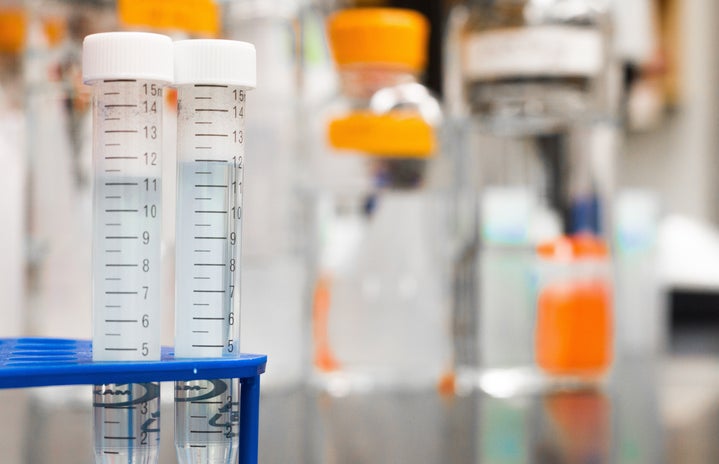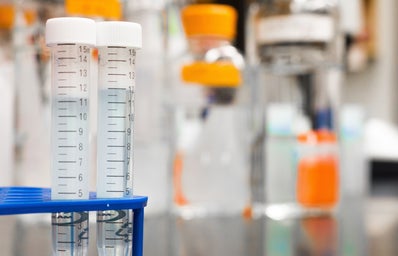Over the past week, I learned that an incredibly surprising number of people I’ve talked to don’t actually know how vaccines work, or what we inject into our bodies every flu season. In fact, I put out a Google form asking people if they knew what was in a vaccine. Of the responses, nearly 66% of responses either said “maybe” or “no” to the question. Seeing that we’re in the middle of a pandemic, and seeing that COVID-19 vaccines are being chugged out across the country, and also seeing that I hate boomers who say that vaccines give you autism, I’ve taken the liberty of writing this out so you can read this over and finally understand. You’re welcome.

Let’s Start With The Immune System
What happens when germs get into our body? The big players here are red blood cells and white blood cells. The white blood cells are split down into different categories. You can think of the red blood cells as support and the white ones as the main offense. What does everyone do?
-
Red blood cells bring oxygen to the white blood cells. It’s like dropping off medical packs and rations so that your offense still has health and energy left over to continue the job.
-
Macrophages are white blood cells that act like janitors and scouts. Their job is to swallow up germs and dead or dying cells. They could also be thought of as scouts because they leave behind some leftovers of the germs they partially ate — these leftovers are called antigens. Our body finds antigens, labels them as dangerous, and makes proteins called antibodies to attack the antigens.
-
B-lymphocytes are the white blood cells that create those antibodies to attack the germs. They don’t actually do the attacking, but without them, nothing can go after the main germs.
-
T-lymphocytes are the white blood cells who do the dirty work themselves, BUT they only go after cells that are already infected. They’re also known as memory cells — we’ll go into more detail a bit later.
However, these tools only start being produced and put into action once you’re already infected with the germs. The process isn’t fast either, and it can take several days, or even weeks, for your body to produce enough cells to fight against the virus, and for them to start attacking.
The good news here is that once the virus has been dealt with the first time, your memory cells (T-lymphocytes!) and your general immune system remembers how it dealt with the virus originally. This means that they don’t have to start from scratch, and the virus is dealt with a lot more efficiently.

The general idea with vaccines is that it gives your body a chance to learn how to deal with the enemy, so that when the real deal comes, they’re prepared and ready. This special chance comes in the form of either dead or weakened virus cells! So yes — there are COVID-19 germs in that syringe. However, this is how our bodies form immunity, and it’s how we’ve been protected from other diseases, like the flu, long before we got put into lockdown.
But again, this whole process isn’t done overnight. Between when you get the first shot to when your body fully develops the memory cells needed, you’re still vulnerable to getting sick from COVID-19. That means that if you’re diagnosed with the symptoms, it doesn’t necessarily mean that the vaccine didn’t do its job, it might be because you didn’t give your immune system enough time to get its stuff together.
According to the CDC, all but one of the COVID=19 vaccines that are in Phase 3 clinical trials in the US use two shots. Shot numero uno comes in, introduces itself, and lets the body start constructing the initial defenses. A few weeks later, shot numero dos gets fired in, and lets the body really ramp up the protection system.

Hopefully, you should have a better understanding of what’s going in your body, and how it works against viral illnesses. But what now?
- Get the vaccine. Bottom line.
- Wear your mask and make sure you’re social distancing. Even after you get it, give it time to work its magic, and protect others you come in contact within the meantime.
- Spread the word. Even with the news of modern medicine, we still have those who genuinely have it in their heads that they’re going to get autism from having a needle get poked into their arm. Knowledge cures ignorance — make sure your friends, family, and contacts know how the vaccine works, and how it will save their lives.



